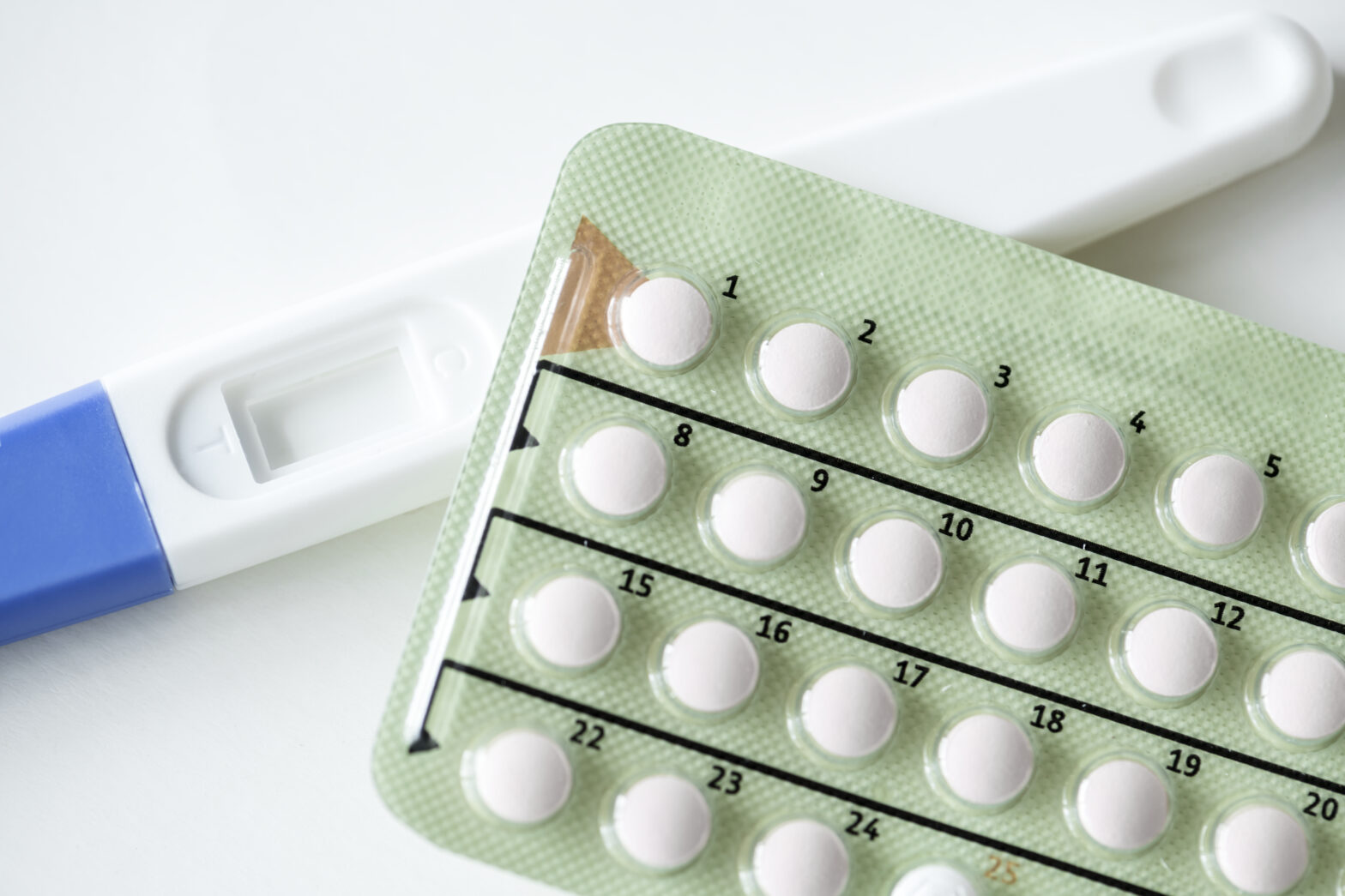 By Dr. Ngong Jacqueline Shaka as told to Cate Lane
By Dr. Ngong Jacqueline Shaka as told to Cate Lane
Young people have often reported challenges in obtaining contraceptives, but those challenges have only been amplified as countries mobilize already-limited health resources to stem the spread of COVID-19, while attempting to sustain basic services, including sexual and reproductive health (SRH) services. As a clinical doctor, I’ve seen the pandemic bring several issues in adolescent sexual and reproductive health and rights programming to light, in much starker terms than in normal times.
First, despite countless trainings of health care providers to be “youth friendly,” too many find it difficult to reconcile the training with their personal beliefs and biases about adolescent sexual activity and contraceptive use. During the pandemic, some adults continue to see young people in a negative light, saying they are likely to cause even more problems during the pandemic because “they are idle and prone to mischief” during quarantines and stay at home orders.
In many cases, young people have been overlooked in countries’ responses to COVID-19. There is little or no acknowledgement of their particular vulnerabilities and not much – if any – language that guarantees their access to a full method mix of contraceptive options as health systems shift to respond to changing needs. The experiences of similar crises, such as the Ebola crisis in West Africa, suggests that COVID-19 will make young people vulnerable to unintended pregnancy, in part because they will not be able to obtain a contraceptive method from a health facility due to risk of transmission or infection, or sometimes health system breakdowns. Additionally, young people are at increased risk of sexual violence during crises, including pandemics, which also increases the risk of unintended pregnancies. This underscores the importance of ensuring young people have easy access to over-the-counter methods, which must include emergency contraception .
I work in Bamenda, Cameroon, where young people are experiencing crisis on two fronts: a long-standing political conflict has created a surge of internally displaced adolescents and youth into urban areas that are ill-prepared to meet their social and health needs; and secondly, the consequences of displacement have been amplified by COVID-19, as schools close and families struggle to make ends meet. I’ve seen more pregnant teens in my practice, with one-third of antenatal clinic attendees being adolescents under the age of 18. I’ve also seen more cases of unsafe abortion among adolescents.
As part of normal development, adolescents sometimes engage in “spontaneous, unplanned sex.” This won’t stop during a pandemic – it doesn’t for adults, so why would it for young people? But sadly, I’ve also seen that for too many young women in Bamenda, especially during the current crises, sex is coerced, forced, or transactional, but rarely reported. In such cases, contraceptive use is often not an option, and it underscores why I believe easy access to emergency contraception is important to help young women prevent unintended pregnancy and unsafe abortion.
I recently participated in an FP2020-hosted webinar alongside global experts from the Population Council and the International Consortium on Emergency Contraception[cl3] , where participants had many questions about emergency contraception, its effect on women’s fertility, whether or not it causes abortion, and how often emergency contraception can be used. To be clear: it doesn’t impact women’s fertility, it does not cause abortion, and while there isn’t a consensus yet on how often women can or should use emergency contraceptives, in my own practice, I’ve seen underuse of emergency contraception be much more of an issue, whereas overuse has not yet come up. The webinar made it quite clear our communities need more information about emergency contraception to address myths and misinformation and to make health care providers and communities more comfortable in providing this critical service to young women.
With support from FP2020’s Rapid Response Mechanism, the organization I work for, Youth2Youth Cameroon, has started meeting with community leaders to describe young people’s experiences of sexual abuse and violence. While these conversations are ongoing, many of the community leaders we met with now acknowledge that denial of adolescent sexuality and sexual activity has done more harm than good. Youth2Youth (http://www.youth2youthcameroon.org) has met with three of the leaders we intend to, out of a group of ten, and the organization is now creating opportunities for community leaders and young people to jointly define and prioritize actions to improve access and use of voluntary contraception.
If we want to provide access to a full contraceptive method mix for sexually active young people, emergency contraception must be a part of that mix, particularly in — but not limited too — times of crisis. For many young women who still lack the agency to resist unwanted sexual activity, or for young people who want to responsibly remedy a mistake, the ability to obtain and effectively use emergency contraception can ensure young people can protect their health and their futures, even in the midst of a global crisis.
